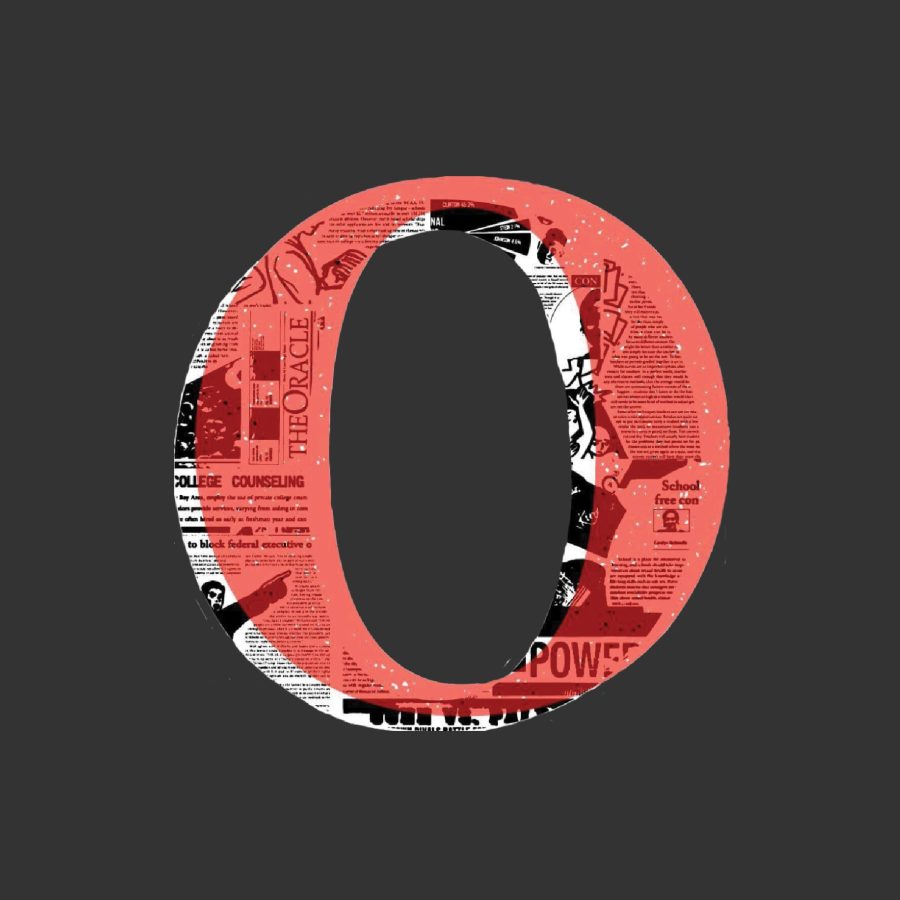Ye Controversy Calls For Greater Solidarity
As a Jew, an anti-Semitic celebrity rampage is far from new to me. With every passing year, a new name is added to the long list of public figures who I am forced to avoid due to their threats against my people. For the last decade or so, the likes of Pink Floyd frontman Roger Waters, Hollywood actor Mel Gibson and rapper Ice Cube, have unfortunately secured their names on this register. Never before, however, has a public figure’s actions shocked me so personally as Ye’s. The way I see it, the public has disappointingly failed to consider the hurtful impact of Ye’s words when making its decision whether or not to boycott his work.
I deeply admired Ye’s music for years. His tracks dominated my playlists, and I often quoted him as my favorite musical artist. Don’t get me wrong: I had always been wary of listening to his character outside of his music because of his erratic behavior and frequent media controversies. But never did I consider that Ye’s harmful views would ever grow to include anti-Semitism. What started out as pixels on a screen became truly tangible when the phrase “but he made Graduation” began circulating around me. This expression caught fire instantly in the wake of Ye’s punishments, and has since been jokingly spread as a way to justify Ye’s actions by virtue of the quality of one of his most critically acclaimed albums, “Graduation.” In essence, the people spreading this are saying that the punishments for Ye’s anti-Semitism aren’t fair because his music is really good.
Hearing this specific phrase from my friends, both Jewish and non-Jewish, was an unpleasant experience in the least. By social convention, I laughed, pretending it was just “dark humor,” even though I knew deep down, my friends were spreading more tolerance for Ye’s hate speech. Even if my friends did not know the gravity of their words—and I’m sure some of them did not— it was uncomfortable for me nonetheless. In fact, this issue—people being unaware of the effects of their words—is perhaps what is most aggravating about this whole experience. While I clearly acknowledged Ye’s anti-Semitism, I couldn’t correct the people around me. I couldn’t say anything back to my friends, because in my friend group when someone takes offense to a joke, they are ridiculed. I know that my social circle is not the only one that would react this way.
People’s lack of respect for my decision to boycott Ye has been frustrating. In the car with friends, I’ve asked for Ye’s songs to be skipped, to which my friends have usually responded something along the lines of “who cares?” I’m sure this experience is not exclusive to just myself.
What they may not understand is that for a non-Jewish person, it’s fundamentally easier to say “I’m supporting the art, not the artist.” For non-Jews, the acknowledgment of Ye’s flawed ideals but continued support of his music comes with absolutely no strings attached, no implications for the tolerance of their religion.
The societal discussion around the controversy was equally frustrating. Let’s get this clear: The main point of this whole spectacle is that Ye’s words hurt people. I didn’t care about how much money he was losing, or that he was becoming a victim of “cancel culture.” What did matter, and does matter, is that California neo-Nazis flew banners on highway crossings just days after his statements, reading “Kanye was right about the Jews.” When I saw that picture, I realized that Ye’s statements were being actively listened to. That was a scary reality to face. So while I am glad to see certain non-Jews stand up against Ye, I also recognize one fundamental difference between me and them: They are boycotting Ye out of their personal choice, whereas I am boycotting him out of concern for my safety to practice the Jewish religion in this country.
At the end of the day, I will respect the decisions of people who decide to continue listening to Ye’s music. My one request for students is to acknowledge the fact that Ye’s tweets are more than just words. I hope that even those who choose to continue consuming his art respect the decision of those who morally cannot. Most importantly, I hope that either camp, regardless of its decision, is more mindful before spreading so-called “dark humor.” People can tolerate the art. Just please don’t tolerate the hate.
Your donation will support the student journalists of Henry M. Gunn High School. Your contribution will allow us to purchase equipment and cover our annual website hosting costs.

Senior Dan Honigstein is a section editor for In-Depth, The Oracle's newest section. Outside of the newsroom, he enjoys playing geography quizzes, discovering...


